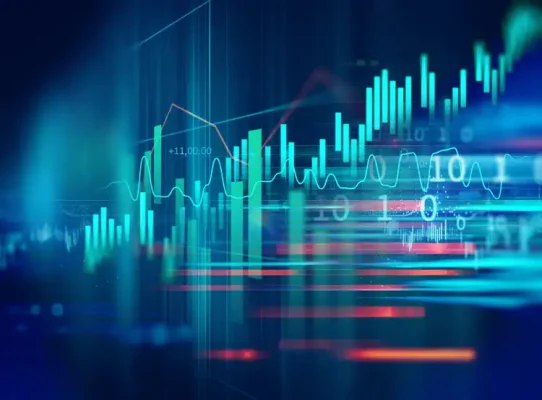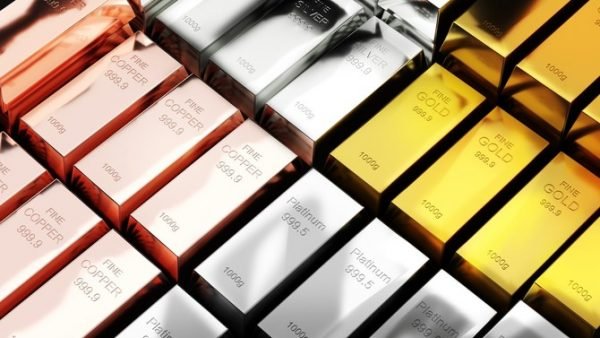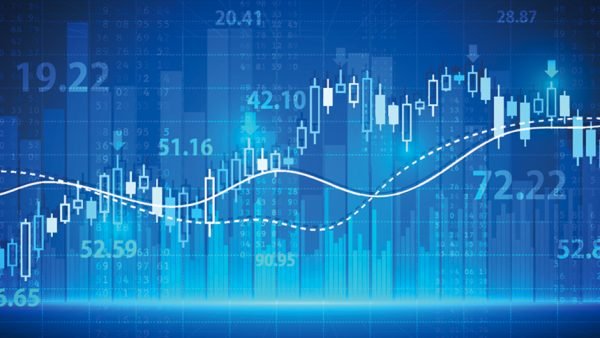Discover A World Of Trading Opportunities
Learn how to trade forex
Currency prices are constantly moving offering numerous trading opportunities on a daily basis. In forex, currencies are listed in pairs, e.g. EUR/USD, GBP/USD, USD/JPY. Unlike the price of commodities and shares, the forex market neither goes up nor down. What really happens is that the price of one currency moves up or down in relation to another.
The most common terms in forex trading are buy and sell, or going long and short. However, when you trade forex online, you are neither buying nor selling real currency. All you do is placing a bet on the direction in which a currency pair will move.
The amount of money made or lost on a trade depends on the market move and the size of your position. At AS-HOM GLOBAL, you can trade major, minor and exotic forex pairs with no minimum deposit requirement for a Standard account and just $200 for a AS-HOM GLOBAL account and up to 1:400 leverage.
How to Trade Indices?
An index, which is composed of a collection of shares, is used to monitor the performance of a market sector, an exchange, or a nation’s economy.
The Dow Jones Industrial Average, S&P 500, FTSE, DAX, ASX200, NASDAQ, CAC, EuroStoxx, and Nikkei 225 are the indices that are traded the most.
Indices can’t be traded directly because they are just numbers. For that, a financial tool like CFDs is required. In fact, indices trading is the most popular form of CFD trading.
The market movement and the size of your position determine how much money you will make or lose on a trade. By opening a live account with AS-HOM today, you can begin trading indices in just a few minutes.
How to trade precious metals
Customers of AS-HOM can trade CFDs or spread bet on metals like copper, silver, platinum, and gold.
Because they are regarded as inflation-proof and are not influenced by the same forces as the forex markets, precious metals are popular for trading because they can serve as financial “safe havens” in difficult times.
When you buy or sell precious metals, you are betting on how much the underlying asset will rise or fall in value. Remember that you are not actually purchasing any metal because this is a derivative contract.
Prices are expressed in terms of the US dollar.
Learn How to Trade Cryptocurrencies
In many ways, cryptocurrency trading is similar to forex trading. Because our cryptocurrencies are priced in US dollars, you can make predictions about whether they will appreciate or decline in value relative to the currency of your choice.
Placing a buy order on BTC/USD indicates that you think the price of Bitcoin will increase relative to the US dollar. Based on the price movement and the size of your positions, if the price increases, you will be profitable. Your account will incur losses if it declines.
Trading forex and trading cryptocurrencies differ primarily in two ways. The crypto markets are still developing and very unstable. Risk management is therefore crucial for traders who want to take part in this fast-paced trading environment.
The second significant distinction is that cryptocurrencies are unaffected by monetary inflation. Governments have complete control over the printing of fiduciary currency. The market caps of cryptocurrencies, however, are predetermined.
Learn How to Trade Shares
Share trading is a popular choice among traders who want to take a position directly on individual companies. From technology and telecommunications to health care and utilities, share trading offers endless options in terms of sectors and risk levels.
Trading profits are generated by buying a share at a low price and selling it at a higher one or by selling at a high price and buying at a lower one, if you think that the share of a company will decline.
With CFD trading you can go both long and short, and all that without having to pay any commission. Find out more about our shares offering on our Contract Specifications page.
Learn What Are Commodities?
Hard commodities are items that can be mined or extracted, such as energy and metals. Natural resources and typically cultivable agricultural goods are referred to as soft commodities.
Commodities can be traded, just like financial assets. Futures contracts can be used to trade both soft and hard commodities, such as wheat, corn, and soybeans, as well as hard commodities like gold, oil, and platinum.
Explore your options today on one of our platforms and learn how commodities can diversify your portfolio.

Learn how to trade Energy
The most typical feature of energy prices is high volatility, which is the result of numerous political and environmental factors that influence it. Many supply and demand factors also affect energy prices, the strongest of which is global economic growth. In times of economic prosperity the demand for energies increases, while a decrease in consumption occurs when economy stagnates.
Beside economic changes, extreme weather conditions can also have a great impact on energies, leading to supply disruptions of crude oil, natural gas, or heating oil. As a result, such conditions can decrease or increase demand for many consumer services related to these energies. Moreover, global energy prices are highly affected by the political instability in some of the world’s biggest natural gas fields.
Oil trading is a globalized, 24-hour market, with its prices in constant motion. This makes it an ideal instrument for day traders who look for fast movements and choose CFDs as the easiest way to trade on oil prices.






